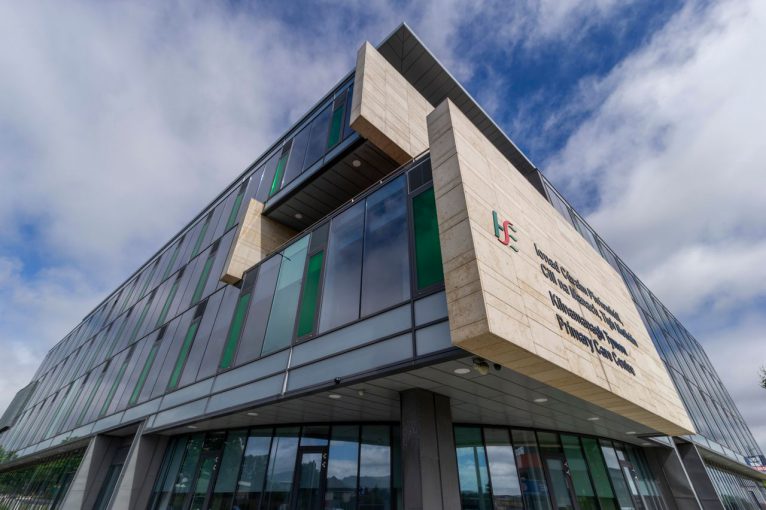Just three days before Christmas, Primary Health Properties (PHP) announced plans to fund the development and acquisition of its 18th primary care centre in Ireland. The FTSE-250 company said it would stump up €12.6 million in development funding for the construction of a new primary care centre in Enniscorthy, Co Wexford. The deal came complete with agreements for a lease with the Health Service Executive and a local GP practice for 25 years. PHP said it hoped to sign additional leases with Tusla and a pharmacy to finish out the centre on practical completion by the first quarter of 2022.…
Cancel at any time. Are you already a member? Log in here.
Want to read the full story?
Unlock this article – and everything else on The Currency – with an annual membership and receive a free Samsonite Upscape suitcase, retailing at €235, delivered to your door.

